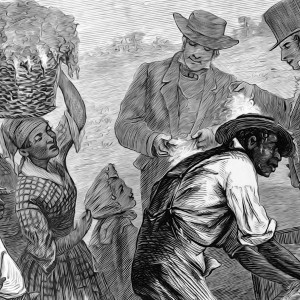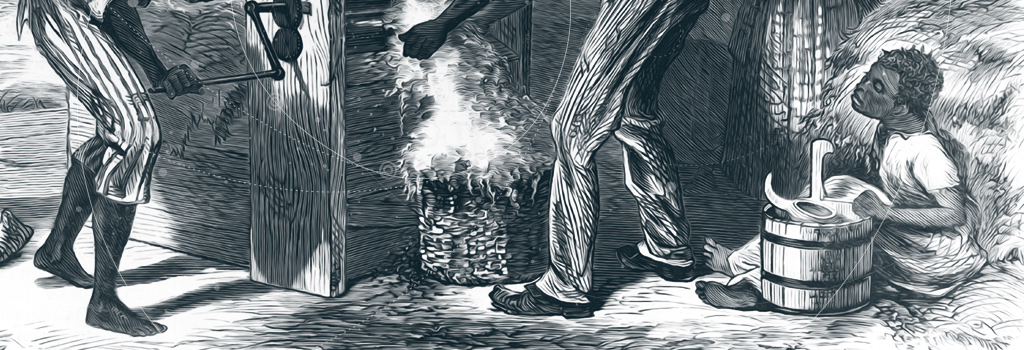 She is brushing her hair and I am watching. It is a moment I have no business witnessing. Eli is there too, watching her with a different kind of interest. She is flattered by his attention, but ashamed as well. This is not a proper moment for the widow. She is both ashamed and glad.
She is brushing her hair and I am watching. It is a moment I have no business witnessing. Eli is there too, watching her with a different kind of interest. She is flattered by his attention, but ashamed as well. This is not a proper moment for the widow. She is both ashamed and glad.
I was careful to arrive after she seated herself across the room. I am witness to history, but I do not need to see every part of it. I need not be that impolite.
Catherine picks a few bits of coarse down from her brush. She stops. You can see she is thinking. She turns. This is the moment I came to see. She talks of cotton and seeds, wheat and chaff. She holds her brush up and rubs the bristles for effect. She entirely avoids mention of how the feathers got into her hair. They both know how. To speak of it would be scandalous.
Eli will say the idea is his. If he were to explain the actual circumstances of the cotton gin’s invention, both he and Catherine would be ruined. He does it not just for the credit, but as a courtesy. He could change the circumstances of her suggestion, but no one would profit from it.
The sad truth is this: It is a wonderful invention. In a better world it would have saved an untold amount of labor. That labor is saved in this world too, but not to the betterment of mankind.
The sadder truth is this: Without the Eli Whitney’s cotton gin, slavery goes on. If you hide Catherine’s brush or you leap from the shadows, causing them both to flee, slavery continues.
The invention still comes, but eight years latter and this time it is made by the hands of a slave named Grafton Cheraw. His inspiration is similar, and coalesces when he watches a brush removing cotton from a slave girl’s hair. He had a keen mind and a hope that his invention might save a good portion of work. It took no small amount of courage to bring the idea forward. He was beaten for it and then was made to better explain.
Grafton gets no credit, no relief and no freedom for his efforts. As the years pass he sees no relief come. There are fewer hands at work separating cotton, but it seems like there are hundred fold more at work in the field. Mercifully Grafton never sees the wider view of history and is spared from truly understanding the scale of it.
The problem isn’t with the Cotton Gin, but lay somewhere inside the hearts of men, clogging their empathy, impurities that are much more difficult to clear.

